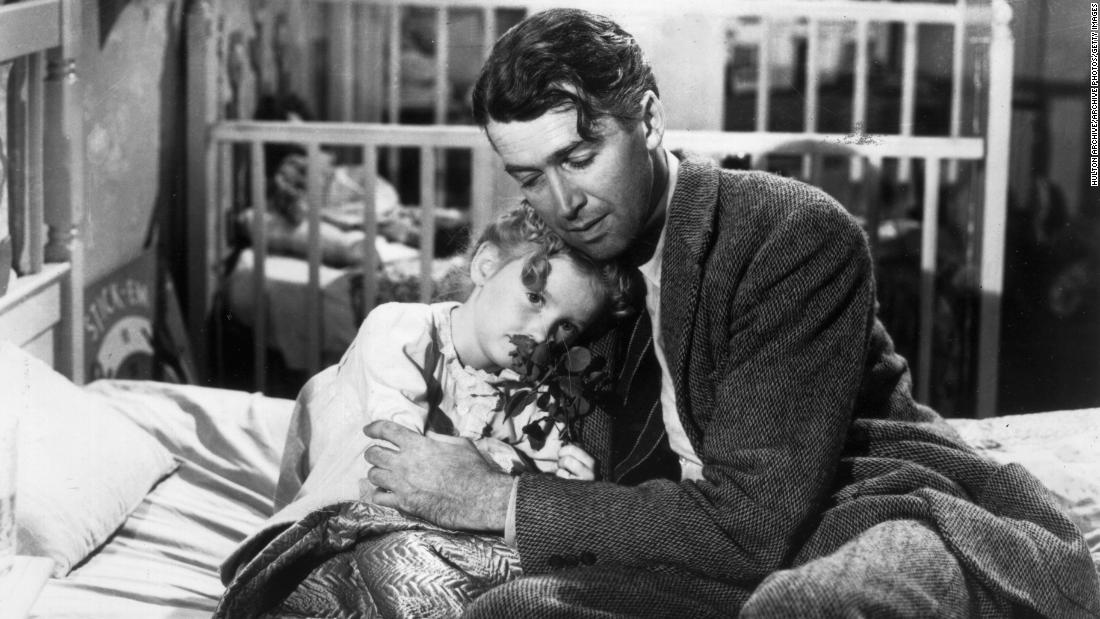From 'The New Oxford Book of Carols'
James Montgomery was the son of an Ayrshire clergyman of the Moravian Brethren. He had an odd career, but by the end of his life his populairty as a hymn-writer rivalled that of Isaac Watts and Charles Wesley. After failing at school he was apprenticed to a baker, but ran away and was taken on in 1792 by Mr. Gales, publisher of the Sheffield Register. When Gales fled to France in 1794, fearful of the consequences of his repeated eulogies of the French Revolution, Montgomery took over the newspaper, changed its name to The Sheffield Iris, and was editor for thirty-one years. Although he toned down the radical politics of the paper, he had the dissenter's love of freedom, and was twice imprisoned for libel, once for printing a song in honour of the storming of the Bastille (which in fact had been previously published by [Gales]) and a second time for his intemperate coverage of a riot in Sheffield. The paper was taken over by a rival in 1825, after which Montgomery devoted himself exclusively to religious verse. He produced some 400 hymns and skilfully adapted many more; in many cases his are the versions that are generally sung today.'
The tune usually sung in Britain is a traditional French one, 'Les anges dans nos campagnes' - like Old Slave, I enjoy singing it, though 'Regent Square' is a fine tune, used in British churches for other hymns. There are some other settings using old 'church gallery' hymn-tunes from the days before church organs that have been rediscovered and can be found on the internet, they work pretty well with it too.
James Montgomery was the son of an Ayrshire clergyman of the Moravian Brethren. He had an odd career, but by the end of his life his populairty as a hymn-writer rivalled that of Isaac Watts and Charles Wesley. After failing at school he was apprenticed to a baker, but ran away and was taken on in 1792 by Mr. Gales, publisher of the Sheffield Register. When Gales fled to France in 1794, fearful of the consequences of his repeated eulogies of the French Revolution, Montgomery took over the newspaper, changed its name to The Sheffield Iris, and was editor for thirty-one years. Although he toned down the radical politics of the paper, he had the dissenter's love of freedom, and was twice imprisoned for libel, once for printing a song in honour of the storming of the Bastille (which in fact had been previously published by [Gales]) and a second time for his intemperate coverage of a riot in Sheffield. The paper was taken over by a rival in 1825, after which Montgomery devoted himself exclusively to religious verse. He produced some 400 hymns and skilfully adapted many more; in many cases his are the versions that are generally sung today.'
The tune usually sung in Britain is a traditional French one, 'Les anges dans nos campagnes' - like Old Slave, I enjoy singing it, though 'Regent Square' is a fine tune, used in British churches for other hymns. There are some other settings using old 'church gallery' hymn-tunes from the days before church organs that have been rediscovered and can be found on the internet, they work pretty well with it too.
Last edited:









 :
: